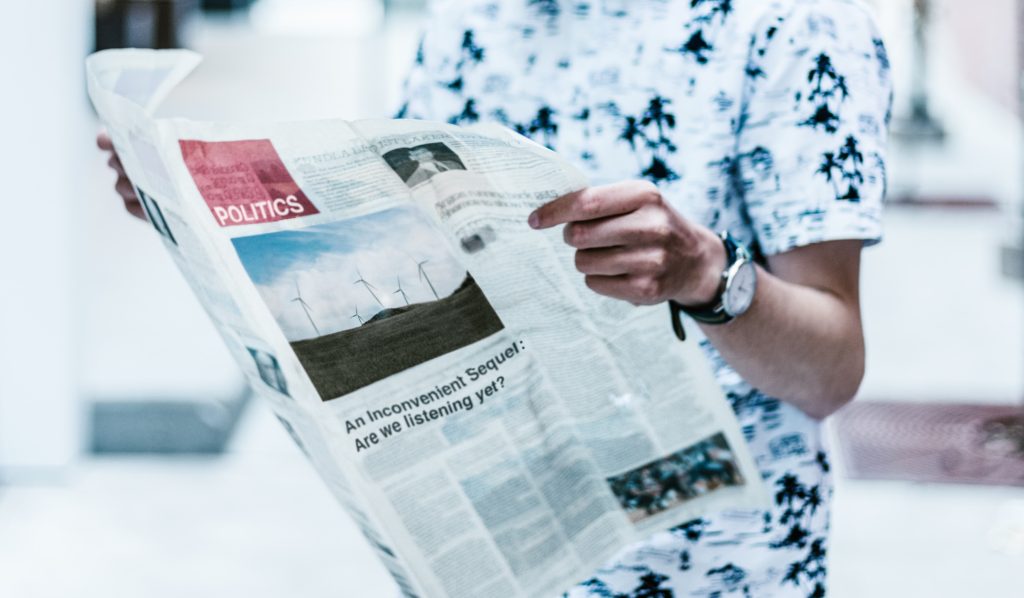
Journalists and those who make up the media should always
pursue factuality, neutrality, nonpartisanship, and total truth- but pure
objectivity is unattainable.
Journalists can achieve the former values, for the most
part. They can draw their information from proven statistics or from checking
with multiple sources to verify information’s factuality. When covering a story
with conflict, reporters can use neutral wording and include quotes from all
sides to remain nonpartisan. In any story, they can avoid half-truths, omission
of relevant facts, and sensational writing to be truthful. However, even
practicing all of these at once falls short of real objectivity.
Objectivity is complete neutrality and factuality. The
concept entails no influence from one’s beliefs and experiences. Objectivity is
a completely detached and factual evaluation of a subject. Although it seems
this would make for stellar reporting, we don’t live in an ideal world where
it’s possible. By its definition, objectivity in journalism is simply not
achievable. Journalists are human, and humans are fallible and will inevitably
let their biases bleed into the story in small ways. It is par for the course.
This goes for factuality as well. Some readers may feel that
facts included in the story were unnecessary and distortive, while others may
think that information was omitted that made the story incomplete. Neither of
these criticisms is “correct” because they’re both subjective takes. We can
reach a consensus on what the correct decision is, but a consensus is not
equivalent to an objective answer. A journalist can only adhere to guidelines,
instinct, and ethics.
To be clear, saying that journalists are fallible and
objectivity is impossible is not condoning purposeful errors of fact and
blatant falsities in publications. Fake news is always unacceptable. However,
there’s a difference between fake news and small, unavoidable biases and
decision making when portraying stories.
Objectivity is out of our reach, but even if it was not, is
it even desirable in reporting? It is a good portion of the time, but there are
instances where a journalist showing robotic, inoffensive objectivity does more
harm than good. This is called the Fairness Bias, and it can be seen in the
Joseph McCarthy era, among other times, where journalists were giving McCarthy
more credence and legitimacy than he was due by treating him fairly in their
articles, despite the fact that his accusations had no ground to stand on. They
were fearful of being labeled biased, but bias from wise and decisive members
of the media was exactly what the American public needed at that point to
realize that McCarthy was a raging phony.
Life is subjective. Real, iron, unyielding truth is hard to
come by. Two people witnessing the same event could leave with different,
opposing interpretations. Points of view, experience, and thought processes
ruin whatever chance objectivity has of prevailing in journalism, and that’s
not the end of the world.